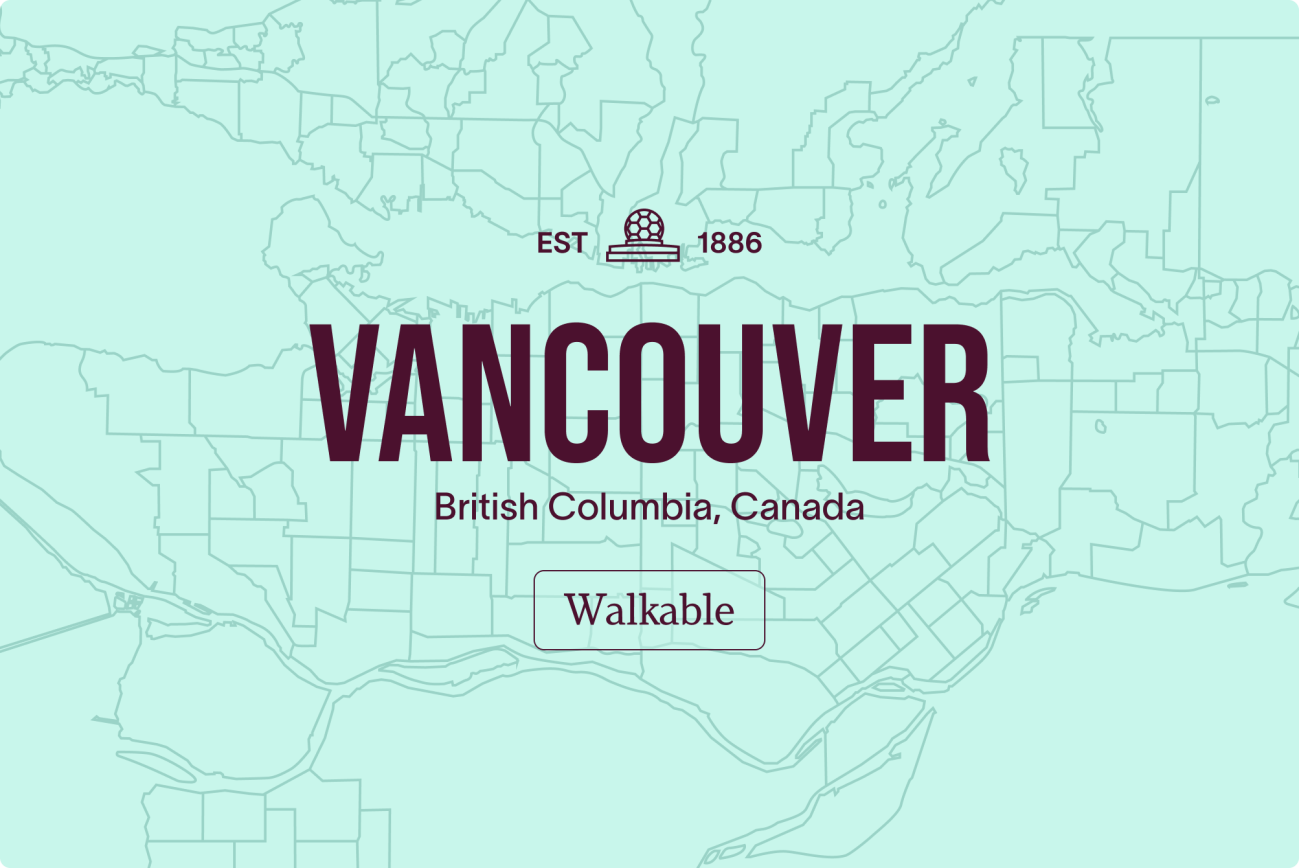Overview
- New mortgage rule changes unlock opportunities for first-time buyers struggling to break into the market.
- While spurring activity in the real estate sector, these mortgage reforms may also have unintended side-effects that remain to be seen.
It’s no secret that Canada’s housing market is one of the most difficult in the world for first-time buyers. Tight supply and slow construction rates have led to record-breaking home prices across the country, with the squeeze being particularly tight in our largest cities. Higher interest rates over the past few years have helped to slow housing price growth, but the market still gives an advantage to those with a lot of equity—or cash. In April of this year, the federal government announced a new Housing Plan, introducing a number of reforms to improve the national housing crisis. On December 15, 2024, these reforms continued with two significant mortgage rule changes.
Mortgage rule change #1: Increase to the insurable mortgage cap
The first mortgage reform is an increase to the insurable mortgage cap from $1 million to $1.5 million, enabling smaller down payments on higher-value homes in markets like Toronto and Vancouver. Here’s how: buyers who want to put down less than 20% on a home are required to take out mortgage insurance. Until now, mortgage insurance wasn’t available for homes over $1 million, but because benchmark prices sit well above that in the GTA and Vancouver, the new $1.5 million cap puts more homes within reach for consumers with less cash at their disposal. In light of this, we expect to see a more competitive mortgage industry, especially in the $1-1.5 million range. It’s likely lenders will use rates to compete for borrowers. But crucially, buyers will still need to be able to afford the house payment, which, for a $1 million+ home with mortgage insurance, could be approaching $7-10k a month.
Mortgage rule change #2: 30-year amortizations for first-time buyers and buyers of new builds
The second mortgage reform will hopefully alleviate some of the monthly payment pressure by opening up the option for 30-year amortizations to all new homebuyers, as well as to all buyers of new builds (regardless of previous ownership). The underlying math is easy to follow: buyers will have thirty years to pay off their mortgage, rather than the standard twenty-five. Those extra five years mean spreading out the same loan over a longer period of time, thereby reducing the cost per payment. One thing to keep in mind: The shift to longer amortization periods means homeowners will carry debt for longer periods of time, and this could impact their long-term financial planning.
Mortgage rule change side-effects
Opportunities for first-time buyers aside, the implications of these changes are multifaceted and will likely impact investors as well. For example, the pre-construction sector may see renewed stability as investors return, attracted by the improved alignment between mortgage payments and rental income. This could encourage developers to increase housing supply, but there’s a catch: increased purchasing power from higher insurable limits and longer amortizations could put upward pressure on prices, potentially affecting affordability.
The bottom line
While these changes may not entirely solve Canada’s housing crisis, it is a bold move that will give buyers the opportunity to get into the housing market. Together, these adjustments create more flexible pathways to homeownership, particularly for the majority of buyers who have no choice but to live in expensive markets for job opportunities. The real test will be whether these changes outpace the market forces (more buyers, but fewer listings) they’re about to unleash.





